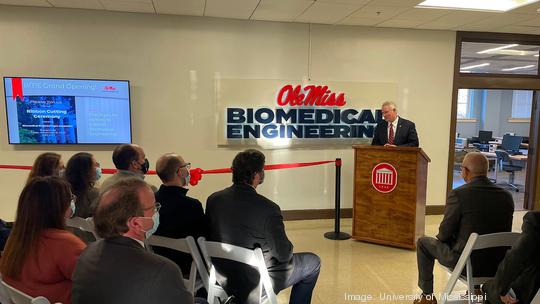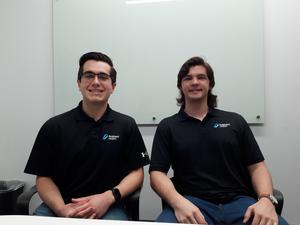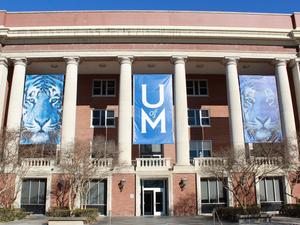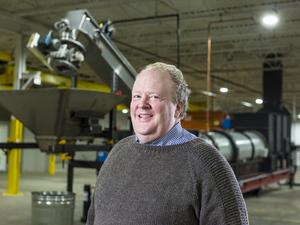
Mascot changes aren’t the only developments that have come to Ole Miss in recent years.
In 2016, the University of Mississippi added a biomedical engineering Department — the first in the state of Mississippi — in its School of Engineering. Now, with the program flourishing, the university is giving it more room.
The institution has unveiled a state-of-the-art, approximately 6,500-square-foot space for its Department of Biomedical Engineering, with the hope that it helps drive innovative research and advances technological and economic development in Mississippi.
"What you see today is the beginning. What you're going to see in five years or 10 years is going to be extraordinary,” said Ole Miss chancellor Glenn Boyce, in a press release. "When we start our research on medical devices and we get our own devices going, we're going to have businesses and companies who are going to want to come see us and visit with us. That's what we want to make sure happens for the state of Mississippi and certainly for the reputation of this program."
Currently, there are about 130 students enrolled in the department, and they can choose to study biomolecular engineering, biomedical systems, or bioinformatics. In the last year, the program's faculty members have scored over $1.5 million in research funding from agencies such as the National Institutes of Health (NIH), the American Heart Association, and the American Cancer Society.
The new space could help increase both those numbers with its resources, as it has an active learning room, an innovation lab, and a fabrication lab. The latter two also contain high-end industrial equipment, like computer-guided laser cutters, advanced 3D printers, and a mechanical testing system that mimics loads seen in a real-time environment.
"The renovated space enables biomedical engineering students to work individually and in teams to understand and then design solutions that improve human health," said David Puleo, dean of the School of Engineering. "The labs provide advanced instrumentation for students to learn by doing, whether making physiological measurements, developing new devices, or 3D printing implants."









